CAPSTONE DESIGN PARTICIPANTS

Ophelie Lesage Fongue

Ghayas Salha

Carlton Jason Darby

Tola Titcombe
Use of hydrogen oxy-combustion in calciner for direct air capture
23
Direct Air Capture (DAC) is a technology that captures atmospheric CO2 to reduce its contribution to climate change. One type of technology for achieving this uses solvents and calcium carbonate pellets in a series of chemical reactions and cycles. However, the process itself simultaneously produces one-third of the CO2 that it captures overall as a result of the use of natural gas as fuel. This project focuses on designing an alternative DAC process that uses hydrogen oxy-combustion as an alternative fuel in the recovery cycle.
Faculty Advisor: Eric Croiset
Industrial Advisor: Megan O’Brien
Industrial Partner: Carbon Engineering
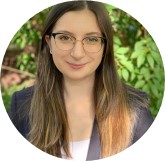
Melina Papadakis

Lauren Valliere

Grace Thompson
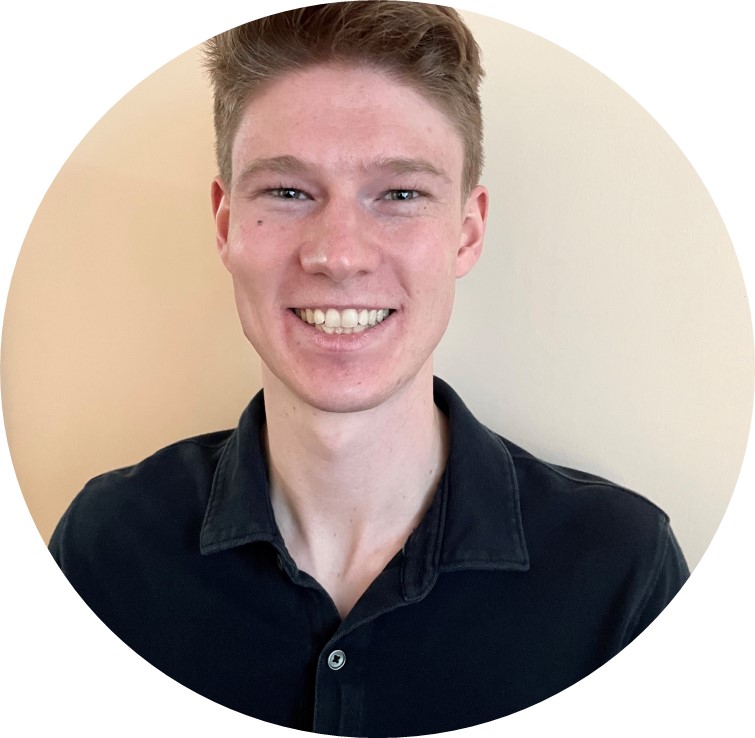
Cameron Douglas
Musqueam First Nation Vehicle Fleet Electrification
24
We are working with Musqueam First Nation to design an implementation plan to electrify their vehicle fleet. We completed a detailed analysis of which of the "green" engine types (battery, hybrid, plug-in hybrid or fuel cell) would be the most suitable replacement. We have also designed the installation plan for the charging infrastructure and a solar panel array so the community can not only create enough energy to charge their vehicles, but also create new revenue by selling the additional energy to the grid.
Industrial Partner: Musqueam Indian Band
Industrial Advisor: Ehsan Haghi
Faculty Advisor: Michael Fowler
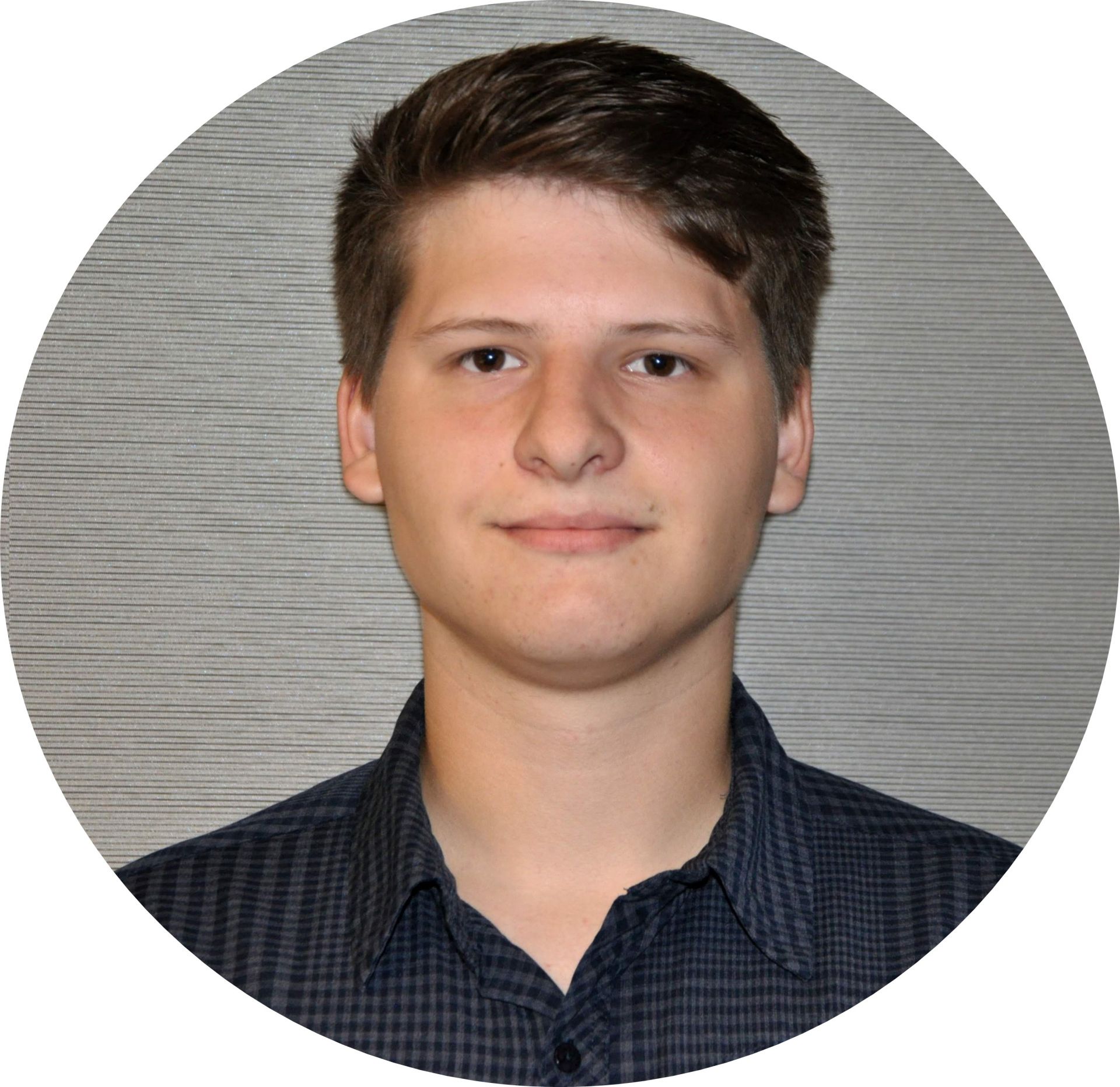
Thomas Jaworecki

Magnus Crónín

Luke Young
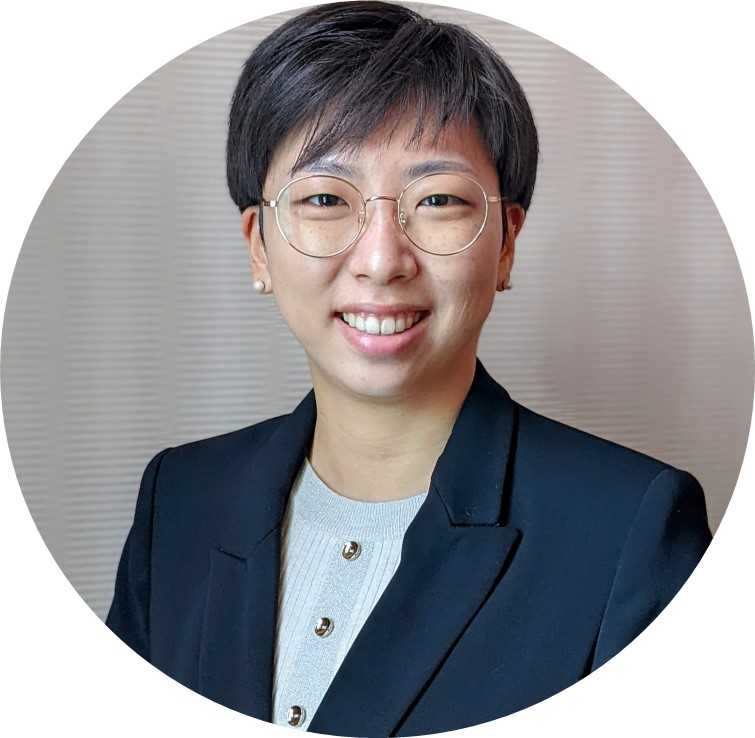
Ji Hye Oh
On-demand Production of Water for Injection using Membrane Filtration
25
High-purity water, known as Water for Injection or WFI, is critical to drug development and manufacturing. Small to mid-sized companies developing treatments and vaccines don’t always have the access or the need for a large-scale WFI plant in-house, leaving their development timelines reliant on external suppliers and vulnerable to backorders and delivery delays. To help mitigate these risks and setbacks, we designed a compact filtration system capable of generating WFI from tap water on demand.
Faculty Advisor: Xianshe Feng

Kael Remes Gavin

Jonathan Israel Moya Escudero

Abdinur Omar
Portable Cooling Backpack
26
Workers such as construction workers can experience prolonged work in uncomfortable temperature conditions. Our project is a conceptual design of a portable cooling backpack aimed towards these types of workers in order to mitigate the negative effects of high-temperature conditions as well as maintain comfort and worker efficiency
Faculty Advisor: Peter Teertstra
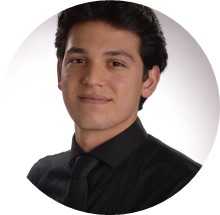
Phillip Pattison

Kashyap Kartha

Haider Hayat

David La
Reducing the Cost of Cultured Meat Bioproduction
27
As the world seeks to reduce its meat consumption, cultured meat is rising quickly in popularity as a potential alternative to conventional meat. However, at the moment, the production process is unaffordable for the general public, with current estimates in the thousands of dollars. The goal of this project is to simulate a process for manufacturing cultured meat that aims to reduce the overall price per unit of production.
Faculty Advisor: Christine Moresoli